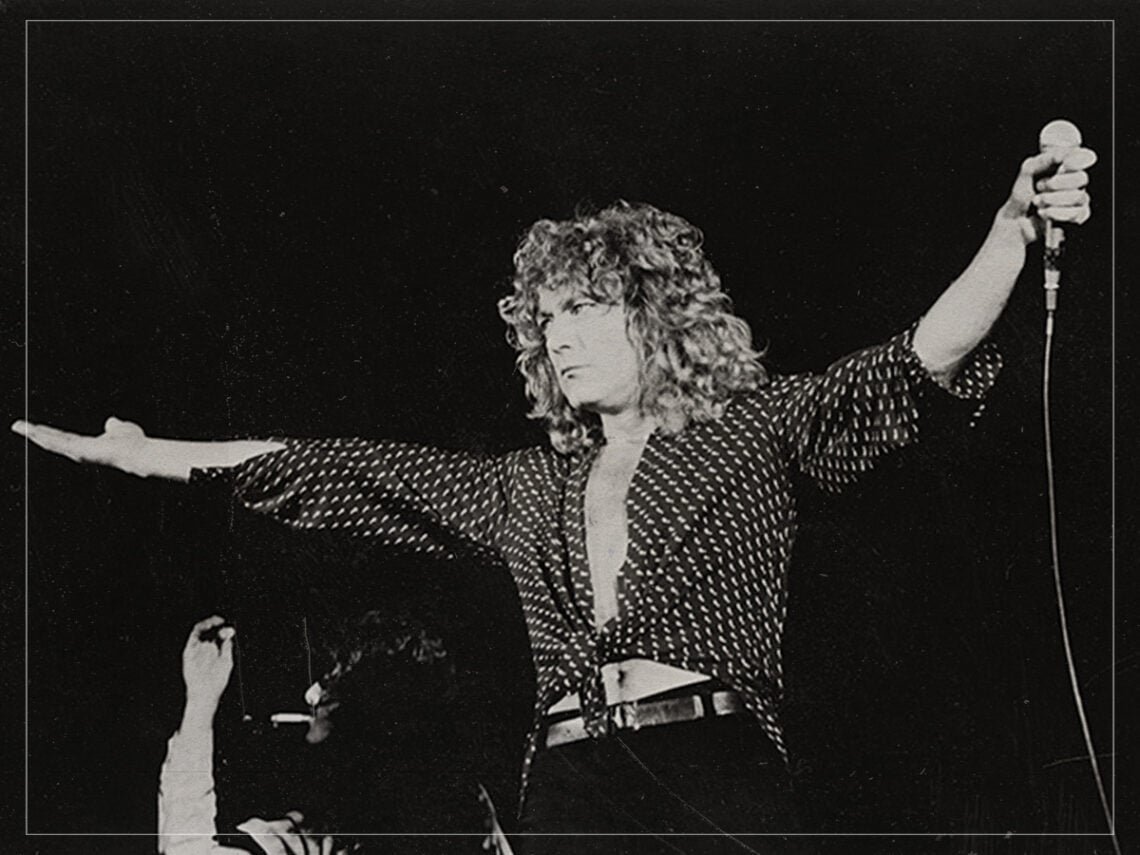The greatness of some bands is built over time, while others smack fans right in the face with it. Like lightning in a bottle, Led Zeppelin were a case of the latter, capturing something instantly engaging through powerful rhythms and unrelenting guitar riffs. They wasted no time asserting their dominance on the landscape of rock, becoming arguably the biggest band of the 1970s before disbanding at the end of the decade.
While their music was largely responsible for their legacy, you simply can’t ignore the somewhat mercurial factors that ran alongside. They were charismatic and oozed an aura of carefree sexualism that was perfect for the inhibitive 1970s, and advertised their raucous brand of expansive rock with ease. Every facet of their artistic identity coalesced with each other, at the right point within the cultural zeitgeist for them to become the band of the decade.
But like all stratospheric success, there is a burden that comes with it. Mastering the art of one sound or genre often renders you to its confines thereafter. In Led Zeppelin’s case, fans continued to crave the power of the rolling rock machine, which was so heavily centred around Robert Plant’s soaring vocals. But combining that pressure with the expectation of him being the lustful poster boy of rock and roll, it makes for a somewhat unsustainable brand.
After the dissolution of the band in 1980, following the death of drummer John Bonham, the respective members of the band endured varying levels of artistic success. The sort of peaks and troughs that all artists have to navigate presented themselves to Plant in the following years when he understood where his artistry lies without the relentlessness of his Zeppelin bandmates behind him.
In 1982, during the recording of his track ‘Big Log’, the Zeppelin albatross weighed heavily around his neck, as his understanding of his solo musicianship was hampered not only by his own expectations but also by those of the label.
He explained, “I didn’t really know what to do, because the wheels of fortune – and also the wheels of Warner Bros. – were encouraging me to play it tough and hard and to somehow carry on the tradition that was already there in the psyche of everybody, because of the Zeppelin thing.”
He continued: “We all grow, you know? It’s either that or recede back into something and say: ‘I’ve gone far enough now and this is all I can do.’ I think the growing went from that MTV rotation thing into slowly edging my way out into Fate of Nations. From then on I was kind of gone.”
The echoes of Led Zeppelin’s swansong still rang out in ‘82, just three years after the band’s dissolution and in a decade where the tides of culture were beginning to shift. Some fans struggled with the vast change in sonic trends and yearned for days gone by, where Jimmy Page’s monster riffs would reign supreme. Those days lived in front of the memory of any fans Robert Plant tried to win over in his solo career. By 1993, when the dust had settled and Fate of Nations was released into the world, Robert Plant was a standalone solo artist, introduced without a prefix. No longer, ‘Robert Plant, formerly of Led Zeppelin’.
